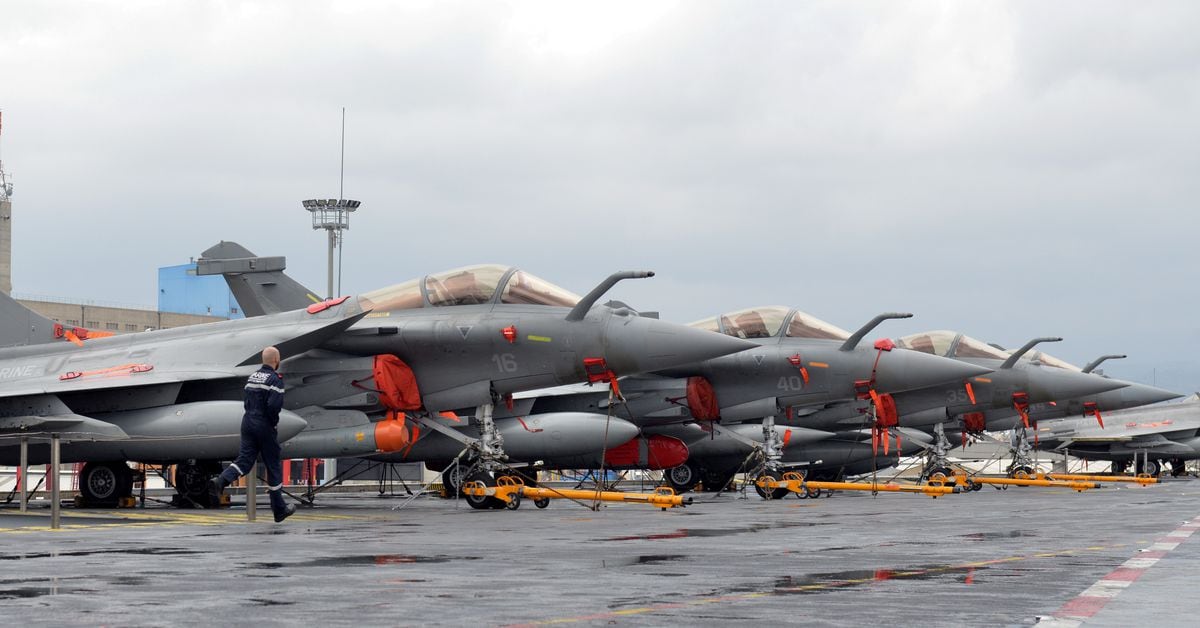Selon nos informations, le ministère des Armées ne souhaite pas commander de nouveaux appareils mais préfère privilégier la qualité du parc à la quantité. Les Rafale auront de nouveaux équipements de mission supplémentaires (radar AESA, pod Talios, moteur M88) achetés grâce au produit de cession...

www.latribune.fr
Future Croatian order will have an impact on the Air Force's Rafale fleet. The target of 171 Rafales (including 129 for the Air Force) planned for the end of the Military Programming Law (LPM) will not be reached after all, according to our information. The Ministry of the Army does not want to order new aircraft, but prefers to focus on the quality of the fleet rather than quantity. Thus, with the proceeds from the sale of the Air Force Rafale to Croatia (more than 999 million euros), the ministry wants to buy mission equipment, which is currently lacking on the Rafales in service.
To improve the Rafales' operational readiness and missions, the French defense procurement agency (DGA) will order AESA radars (Thales), which will gradually replace the RBE2s, Talios designation pods (Thales) and additional M88 engines (Safran). This will make it possible to more quickly eliminate all the different standards of the Rafales in service (currently the latest standard is the F3R). These purchases therefore go beyond the forecasts in the 2019-2025 LPM. Above all, this equipment will improve the performance of the Rafale. Typically, the Meteor air-to-air missile will be fully operational with an AESA radar.
The Rafale chain saved
The Ministry of the Army has changed its mind about Greece. This decision is clearly different from the one taken after the Rafale contract in Greece (18 aircraft sold, including 12 second-hand): the ministry wanted to replace the 12 second-hand Rafales sold to Athens with 12 new Rafales for the air force. It had also planned, as part of the Ravel program, to put 10 Rafales back in the air, which had been parked by the air force and cannibalized for use as spare parts for aircraft leaving on missions or for training. In theory, the French air force will therefore eventually benefit from 22 additional aircraft "in service".
Finally, export contracts in Egypt and Greece, as well as national orders, have given Dassault Aviation's Rafale production line visibility for several years. There is no longer any urgency concerning the industrial chain for the French fighter, which supports a network of 500 French companies.
By Michel CABIROL
Translated with
www.DeepL.com/Translator (free version)


www.reuters.com

